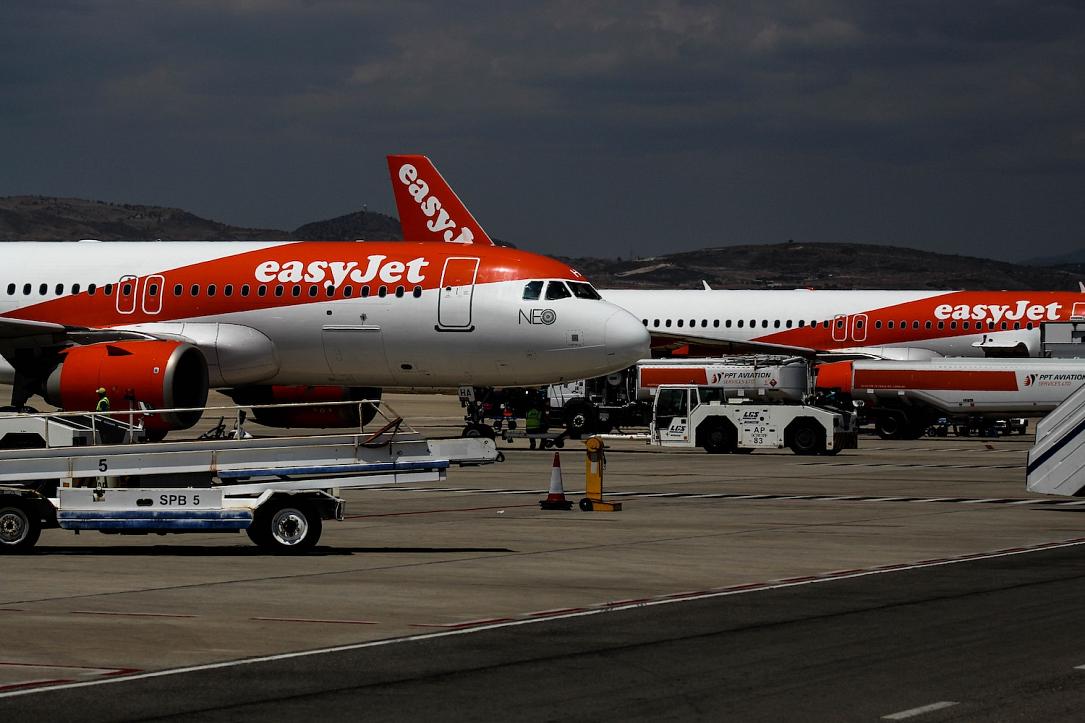EasyJet's communication strategy during flight cancellations (press release)



This article will explore the various facets of EasyJet's communication approach, shedding light on how technology and customer-centric policies intertwine to create a more seamless travel experience, even when things don't go as planned.
Importance of Effective Communication
Potent communication is vital in flight disturbances, as it acts as the central anchor that unifies the traveler experience during taxing scenarios. When a flight is postponed or annulled, passengers are naturally imbued with doubt and anxiety. Clear, timely, and accurate information through announcements, digital displays, or personalized notifications not only alleviates these feelings but also helps passengers make informed decisions about their travel plans.
In contrast, poor communication can exacerbate an already frustrating situation. The absence of data or contradictory communications can result in bewilderment, ire, and a diminution of faith in the airline. Travelers may feel forsaken or deceived, culminating in adverse impressions that can wield enduring effects on client allegiance and brand standing.
Pre-Flight Communication Measures
By proactively informing passengers of any known issues, weather conditions, or potential delays, airlines can foster a sense of trust and transparency. For instance, easyJet might employ electronic mail announcements or mobile application warnings to furnish travelers with immediate updates on their flight conditions.
This preliminary correspondence permits passengers to effectuate requisite alterations to their itineraries, such as reaching the airport sooner or devising substitute travel provisions.
Moreover, antecedent flight dialogue also encompasses bestowing passengers with vital data concerning registration protocols, luggage stipulations, security mandates, and other journey-related directives. By guaranteeing that travelers are thoroughly enlightened prior to their arrival at the airport, airlines can expedite the embarkation procedure and curtail potential perplexity or postponements.
Communication Channels Used by EasyJet
EasyJet employs a variety of communication channels to keep passengers informed and engaged, particularly during flight disruptions and requesting easyJet compensation for cancelled flight. These channels are designed to provide timely and accurate information, catering to the diverse preferences and needs of their customer base.
Empowering Frontline Staff for Communication
Frontline staff, including cabin crew and customer service representatives, are vital in easyJet's communication strategy during flight disruptions. Empowering these individuals with the right tools, information, and authority is essential for clear communication with passengers.
Comprehensive training programs equip them with skills to handle various scenarios, including understanding passenger rights and effective communication techniques. They also have access to real-time information through tools like the easyJet flight tracker, ensuring accurate updates to passengers.
Post-Flight Follow-Up and Feedback Collection
Post-flight follow-up and feedback collection are integral parts of easyJet's communication strategy, allowing the airline to understand passenger experiences and make necessary improvements. After a flight disruption, easyJet may reach out to affected passengers through email surveys or direct communication to gather insights into their satisfaction levels and any concerns they may have had.
The feedback collected is not merely a formality; it's actively used to refine and adapt easyJet's services. Analyzing this data enables the airline to recognize trends, pinpoint recurring issues, and develop targeted solutions. By maintaining an open channel of communication even after the flight, easyJet fosters a relationship with its passengers, showing that their opinions are valued and considered in the ongoing effort to provide a superior travel experience.
With easyJet flights cancelled, the airline's communication strategy comes to the forefront, playing a vital role in managing passenger expectations and maintaining trust. From the use of the easyJet flight tracker to keep passengers informed in real-time, to empowering frontline staff and engaging in post-flight follow-up, easyJet's multifaceted approach reflects a commitment to transparency and customer care. EasyJet's proactive and responsive communication measures stand as a testament to their dedication to providing a seamless journey, even in the face of unexpected challenges.
Photo source: Unsplash.
This is a Press Release. Here you can order press releases on this site.